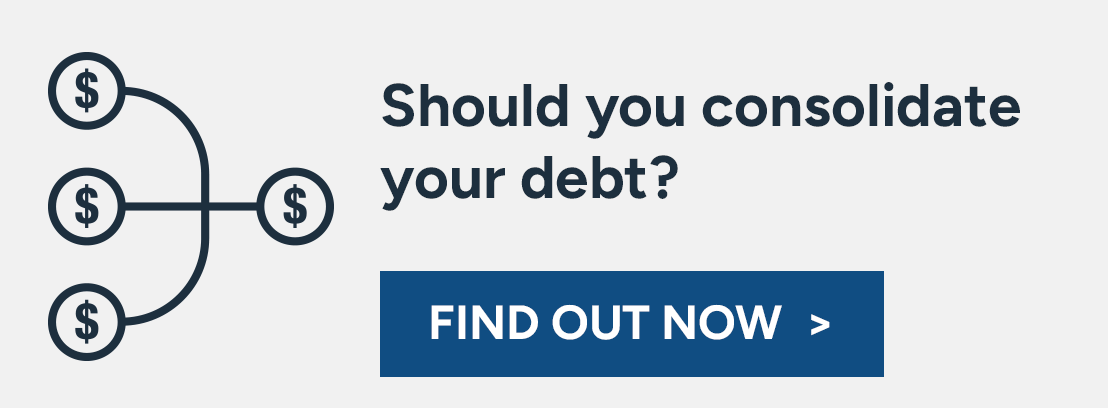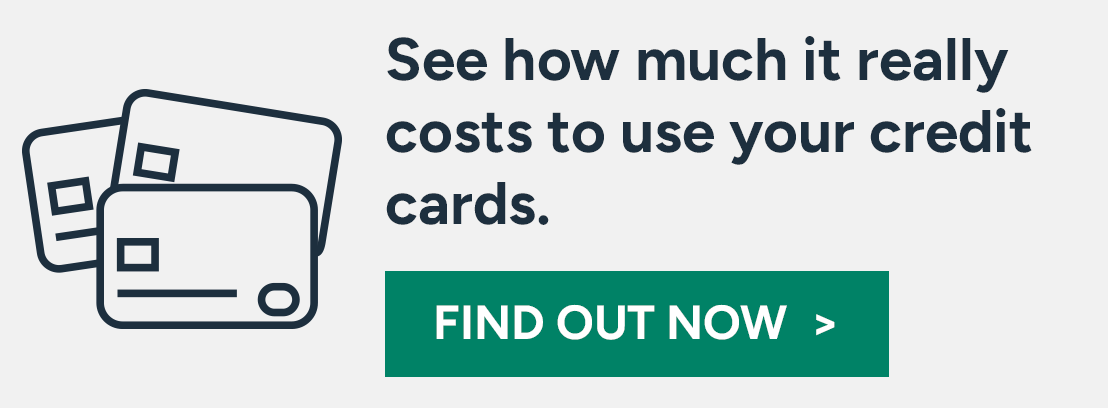The difference between a secured vs. unsecured loan.
When you’re taking out a loan, the first decision you’ll have to make is choosing between a secured vs. unsecured loan. Not sure of the difference? Here’s a little information and some credit counseling tips on the value of a secured loan vs. unsecured loan.
A secured loan is one that is protected by an asset or property, also called collateral. If you default on a secured loan or don’t make payments according to the terms of the loan, the lender has the right to take ownership of the collateral. The most common kinds of secured loan are a mortgage (where the property is the collateral) and a car loan (where the vehicle is the collateral.)
An unsecured loan, on the other hand, isn’t connected to any kind of asset. If you don’t make payments on your unsecured loan, the lender doesn’t immediately have the right to take any of your assets. A credit card, student loan or personal loan are the most common kinds of an unsecured loan.
Which to pay first? A secured vs. unsecured loan.
If you have both secured and unsecured loans and you’re having trouble making payments, you may wonder which is more important to pay first: a secured vs. unsecured loan? Conventional wisdom says you should pay the secured loan first, because otherwise you may lose your car, house or other collateral. However, if you’re not making payments on your unsecured loan, you can quickly find yourself deeply in debt because the interest rates are so much higher. When in doubt, consult a professional and more importantly don’t wait; address immediately if you are running into trouble.
That’s where the credit counselors at American Consumer Credit Counseling (ACCC) can help. What does a credit counselor do? At ACCC, our credit counselors offer free credit counseling and connect you with resources, debt management services and financial tools like a credit card repayment calculator that can help you pay off your debt.
Depending on your situation, they may recommend a debt management plan, which allows you to consolidate your payments. You’ll make just one payment each month to ACCC, and we’ll pay your creditors on your behalf. What do credit counselors do in a debt management plan? Our counselors take care of all payments to your creditors while seeking reductions in interest rates, finance charges and over-limit fees to help you pay off your debt more quickly – usually within five years or less.



